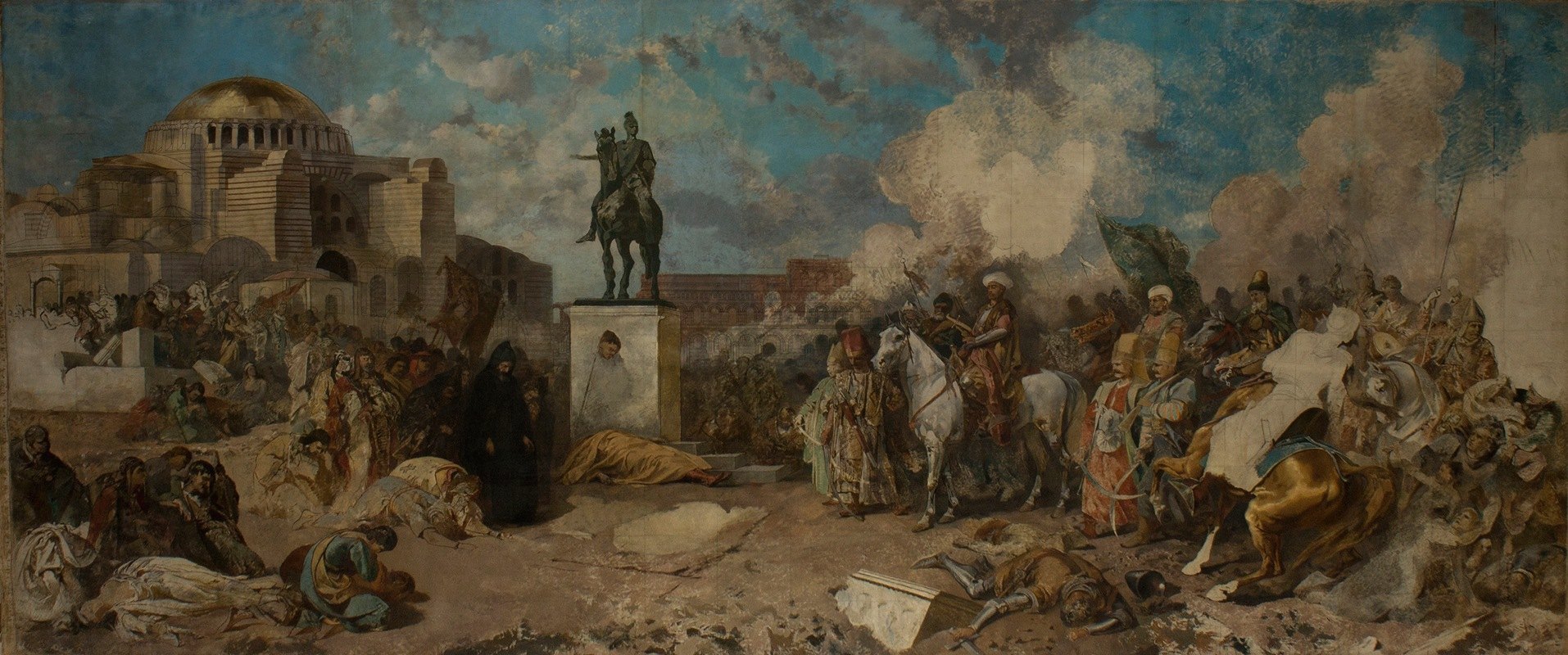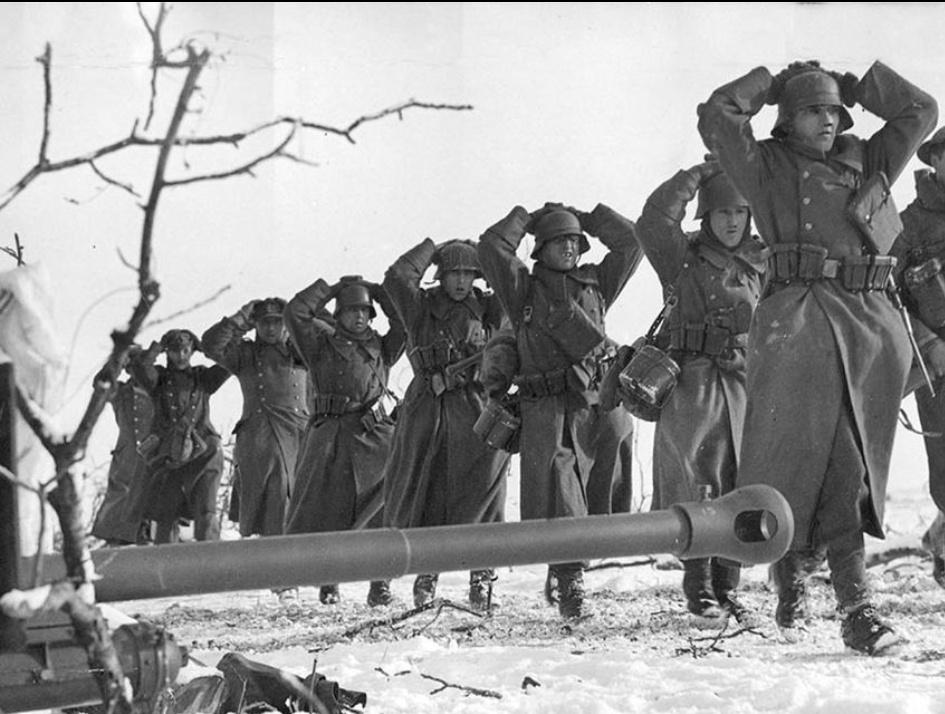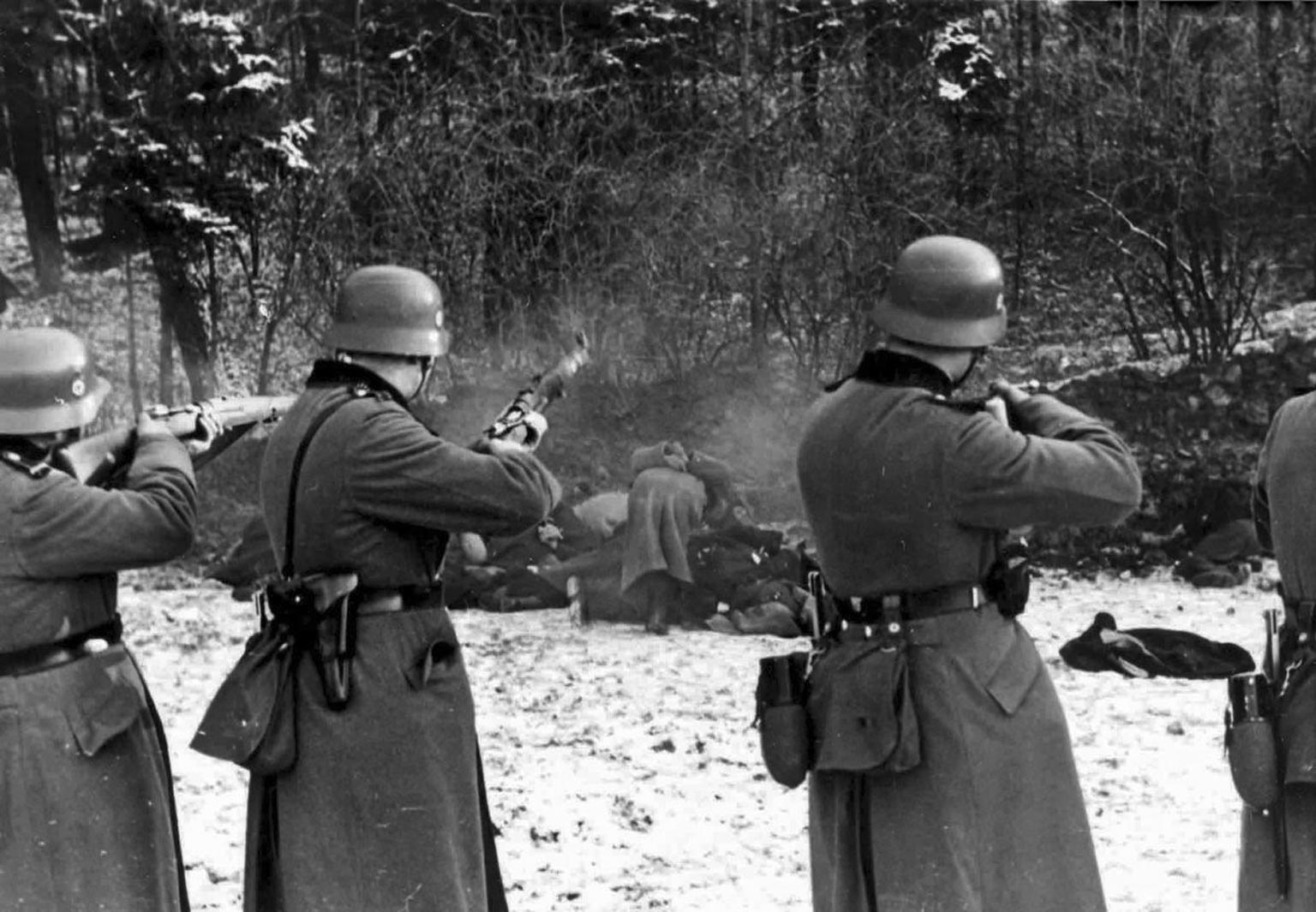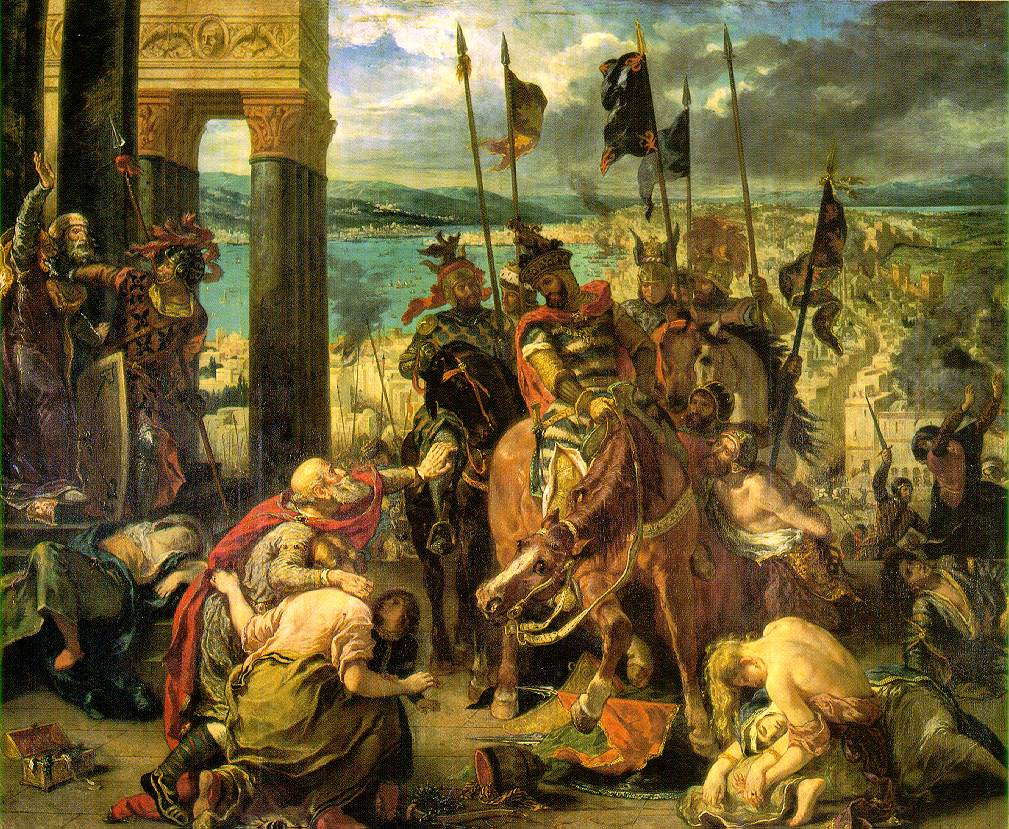
WHO ORDERED THE PLUNDER OF ISTANBUL?
War is certainly not a good thing. In the Quran, it is narrated that the Queen of Sheba, Bilqis, decided to surrender without war, saying "Indeed when kings enter a city, they devastate it, and make the mightiest of its people the weakest". In Islamic-Ottoman law, the reason for war is not to plunder, conquer land, or gain glory. It is solely to prevent enemy invasion.
Therefore, attacking the enemy without declaring war is not permissible. The enemy is offered the option to accept Muslim rule by embracing Islam or paying tribute. If one of these options is accepted, there is no need for war. The status of both the people and the properties, including the religious sites, is determined according to the treaty (peace agreement) in place.
With the exception of Mecca and Taif, all of Arabia was conquered during the time of the Prophet Muhammad (peace be upon him) through peaceful means. Similarly, half of Jerusalem and Syria were conquered during the time of Caliph Umar in the same manner. In the Ottoman Empire, this method of conquest was known as "vire ile fetih" (conquest through peaceful negotiation). Typically, during castle sieges, negotiations would take place where someone from inside the castle would come out or someone from outside would enter. When both sides reached an agreement, the castle would be surrendered. Examples of such conquests include Ioannina, Belgrade, Gyula, Eger, Nagykanizsa, Van, Tabriz, Revan, Chania, Lemnos, and Érsekújvár (Uyvar).
One Fifth of One Fifth
If the enemy refuses the offers made to them, war becomes inevitable. If Muslims emerge victorious, what would be the legal status of the enemy's movable and immovable properties, as well as the captives taken from the enemy?
When the war ends in favor of the Muslims, the movable and immovable properties belonging to the enemies, as well as the surviving captives who are not exchanged, are considered as spoils of war. The treatment towards them is mentioned in the Qur'an. One fifth of the spoils belongs to the Prophet Muhammad, his relatives, the poor, orphans, and stranded travelers in need of financial assistance. After the demise of the Prophet Muhammad, there was disagreement among the Companions (Sahaba) regarding the share of spoils for the Prophet and his relatives.
Some Scholars have said that this share is given because of the leadership of the state. Therefore, it is argued that it continues to be valid throughout the Prophet's lifetime (Hanafis) or it is given to the ruler of the time (Shafi'is). In the Ottoman Empire, the Shafi'i opinion was applied, and one twenty-fifth of the spoils was given to the sultan. According to the Hanafi school of thought, the share of the Prophet's relatives continues to be given to those among them who are in need.
Plunder!
The remaining 4/5 of the spoils are distributed among the fighters who actively participated in the war or engaged in activities like espionage. Mounted soldiers receive two shares because they provide their own horses. When distributing, the share of a martyr is given to their heirs. Before distribution, spoils of war do not belong to any individual soldier.
Slaves, women, children, and non-Muslims who assisted in battle, such as nursing or guiding, do not receive a share of the spoils, but before distribution, they are given a certain amount of goods (razh). The movable properties and captives among the spoils are transferred to the Islamic state. If not possible, distribution can also take place in the army camp. The ruler may choose what he wishes when taking his share of the spoils (safiyy). For example, the Prophet Muhammad chose the sword called Zulfiqar during the Battle of Badr.
During war, commanders may provide incentives to the soldiers, which may include permission for plundering. Indeed, the Prophet Muhammad, following the verse "Urge the believers to battle" (Surah Anfal: 65), for instance, did this (such as during the Battle of Hunayn). Incentives may be given through words or material goods. The hadith "He who plunders is not of us" pertains to situations outside of warfare or when there is no permission from the commander.
In such a case, every soldier becomes the owner of the movable properties that belong to the enemy. Non-movables do not fall under plundering, and assaulting individuals, especially women, is never permissible. Sultan Mehmed II, when the conquest of Istanbul was delayed, promised the soldiers three days of plunder in the city. Conversely, one of the reasons Kara Mustafa Pasha of Merzifon failed to capture Vienna was his refusal to permit plundering by the soldiers. However, apart from these instances, plundering has never been allowed. For example, upon hearing of some soldiers looting on the way back from the Iran campaign, Sultan Selim I dismissed Vizier Hersekzade Ahmed and Vizier Dukaginzade Ahmed Pasha. Soldiers who were proven to have plundered during Sultan Suleiman I campaigns in Rumelia were severely punished.
.jpg)
Land Belongs to Those Who Step On It
According to the Hadith, every soldier becomes the owner of the weapons and belongings (booty) on the slain enemy soldier. This is a general principle of the laws of war worldwide. In fact, the principles of Islamic law regarding warfare are not very different from international laws of war. Rather, Islam is often more advanced and humane in many aspects. In an era where enemies enslaved and even killed captives, it would be absurd to expect Muslims not to enslave captives. Reciprocity is fundamental in this matter. Indeed, the Ottomans abandoned the practice of enslaving captives when Europeans abolished slavery in the 19th century.
The ruler has the right to choose over the spoils obtained from the enemy's non-movables. After one fifth is allocated as the state's share, the remaining 4/5 can be distributed to the warriors or left in the hands of the local population, from whom taxes may be collected. Alternatively, the ownership (usufruct) of all non-movables can be retained by the state and leased to Muslim or non-Muslim residents.
All three options are based on the practices of the Prophet Muhammad and his Companions. Just as Prophet Muhammad did with part of the land in Khaybar by keeping it under the ownership of the treasury and leasing it to the people instead of distributing it as spoils, Umar ibn al-Khattab also did not distribute the lands of Iraq's Sawad as spoils. Instead, he followed the precedent set by the Prophet and retained them under the treasury's ownership, setting a precedent followed by subsequent Muslim states, notably the Ottomans. The status of state-owned land (Mirie land) is based on this principle.
What About the Captives?
The ruler has the discretion regarding the treatment of captured enemy prisoners, considering expediency and reciprocity, which involves the general welfare and the behavior of the enemy. They can choose to execute men capable of bearing arms (although this is very rare). Alternatively, they can exchange prisoners with Muslim captives or, according to Imam Muhammad, release them for ransom if necessary. They also have the option to enslave them and include them in the spoils, with one fifth going to the state and the remaining four fifths to the warriors. Or, they can grant them freedom and recognize them as protected subjects (dhimmis).
In Islamic history, the third and fourth methods have generally been preferred. This is both humane and yields economic, social, and political advantages. The government's aim is not to turn the battlefield into a field of corpses. Rather, it is for the people in cities and villages to continue their normal lives as citizens, paying taxes, or for the enslaved to contribute to the economy as laborers in Muslim lands. Both approaches create an environment conducive to the ideal of the spread of Islam.
If the people surrender before the war, they are treated differently from the first three methods and become citizens. If they embraced Islam before being captured in war, they are freed from slavery. However, if they convert to Islam after being captured, they are spared from being killed or returned for ransom, but they cannot escape enslavement.

Captives Are Human Beings Too!
Until the procedures to be applied to them are determined, captives have the right to humane treatment. Torture and abuse are prohibited. When the Prophet Muhammad saw prisoners being left under the sun during a battle, he strongly prohibited it and ordered that they all be placed in the shade. For example, separating a mother from her child or spouses from each other among the prisoners is not permissible.
If they have accepted to live as citizens of the Islamic state before the war, they are granted security and entrusted with a covenant of protection (dhimmah), which stipulates that the lives, properties, honor, and other rights and freedoms of non-Muslims are under the protection of Muslims.
The covenant given by a Muslim woman or man, even a Muslim slave, is valid and binding on all Muslims. The one who receives this covenant is now a citizen and has the same legal status as Muslims. Unless there is a violation of the covenant, it cannot be unilaterally revoked.
During times of peace, a non-Muslim who wishes to enter the dar al-Islam (lands ruled by Islam) for any reason can also be entrusted with a covenant. This person becomes a musta'man (protected non-Muslim) and has the same status as a dhimmi. They stay until their business is concluded and then return to their homeland. If they wish to stay, they can become a dhimmi by purchasing immovable property, marrying a dhimmi, and obtaining permission from the government.
Sultan Mehmed II left the properties of the civilian population intact because he wanted to develop the city; he did not enslave them but made them citizens.

Pençik Law
Stipulating that one-fifth of the booty be allocated to the treasury, the Penchik Law was enacted in the Ottoman Empire in 1362 by the scholar Kara Rüstem of Karaman and the chief judge (qazasker) Çandarlı Kara Halil Pasha. (Penchik means one fifth in Persian.) It is said that the first enactment of this law was attributed to Kara Timurtash Pasha, Lala Shahin Pasha, or Bektash Pasha. In the early years, one-fifth of the booty obtained would be sent to the Seljuk sultan.
This amount is collected in cash or in kind; either one-fifth of the captives is seized by the state, or 25 akche (silver coin) out of 125 akche per captive is taken from those distributed to the veterans. "Pençik" (panj u yak) means "one-fifth" in Persian. Children captured and raised in state service were also called "penchik oghlanı" (one-fifth boys) for this reason.
Kara Rüstem Pasha is the first known collector of penchik. This method continued until the end of the state. During the reign of Sultan Suleiman I, due to the abundance of wars and booty, distribution could not be made; a general amnesty was declared by the Sultan, and everyone was considered the owner of what they obtained.

Queen of Cities
One should not confuse the plundering involved in military tactics with the plundering that exists in minds today. During the Fourth Crusade in 1204, when the Latins occupied Constantinople, the plundering that took place had never been seen before in the world. Even Western writers were horrified by this brutality. Not only were the possessions of civilians looted, but churches, monasteries, palaces, and libraries were also plundered; the Latins even destroyed goods they couldn't carry. They trampled down poor souls begging for mercy on the streets under their horses' hooves. They even violated the chastity of nuns in monasteries. The "Queen of Cities," 900 years old, turned into ruins within three days and could not recover until the conquest by the Turks. Islamic law prohibits such acts. Imam Muhammad al-Shaybani wrote the world's oldest known law of war book in the 8th century. Sultan Mahmud II had this work, titled "al-Siyar al-Kabir," translated and ordered his soldiers to read it.
Önceki Yazılar
-
THE OTTOMAN DYNASTY OWES ITS LIFE TO A WOMAN4.02.2026
-
THE WATER OF IMMORTALITY IN THE “LAND OF DARKNESS”28.01.2026
-
THE WORLD LEARNED WHAT FORBEARANCE IS FROM SULTAN MEHMED II21.01.2026
-
THE RUSH FOR GOLD14.01.2026
-
TRACES OF ISLAM IN CONSTANTINOPOLIS7.01.2026
-
WHO CAN FORGIVE THE KILLER?31.12.2025
-
WHEN WAS PROPHET ISA (JESUS) BORN?24.12.2025
-
IF SULTAN MEHMED II HE HAD CONQUERED ROME…17.12.2025
-
VIENNA NEVER FORGOT THE TURKS10.12.2025
-
THE FIRST UNIVERSITY IN THE WORLD WAS FOUNDED BY MUSLIMS3.12.2025